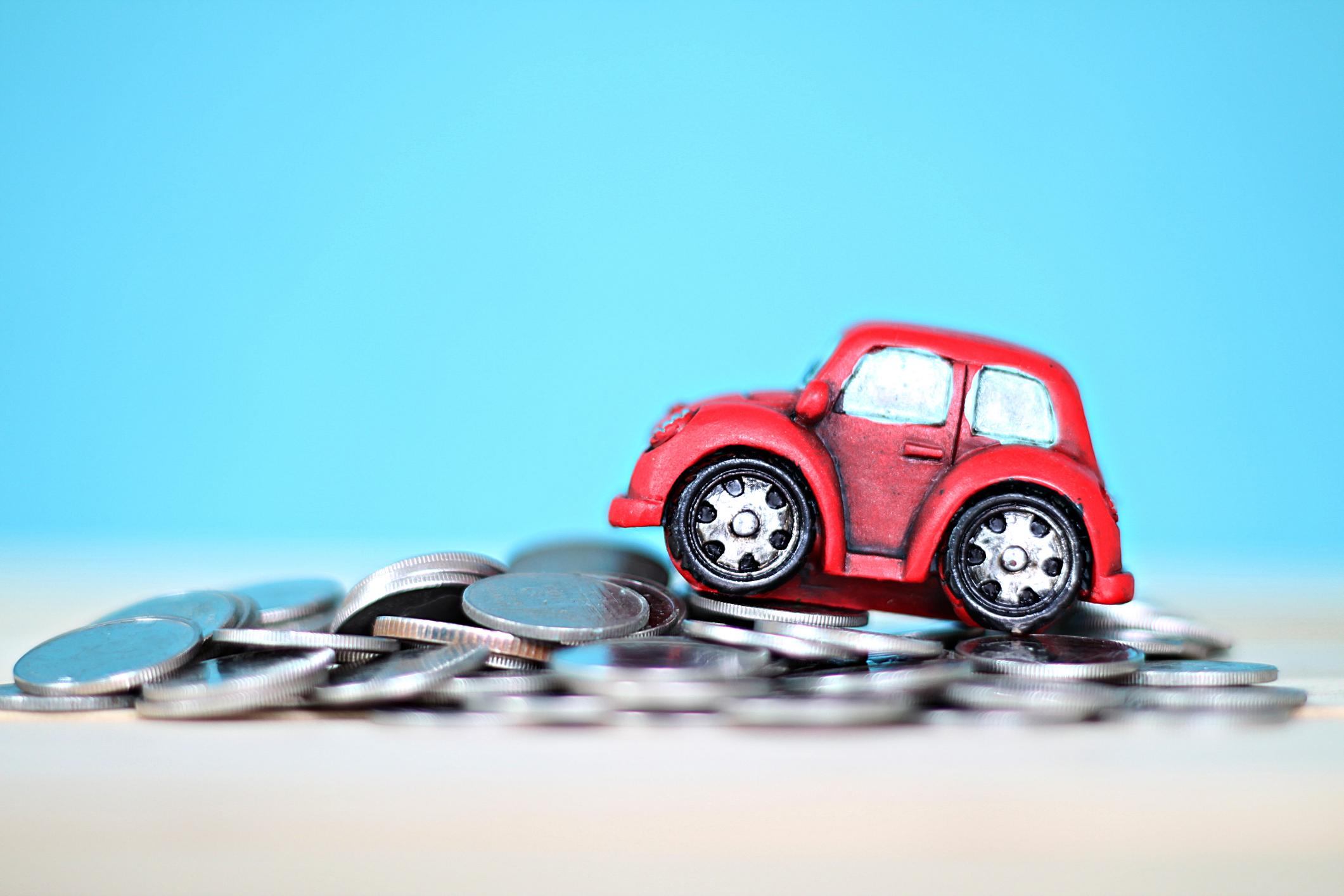8 ways to keep driving costs down
Published on: Thursday, 30 January 2020 | Author: Kevin Thorpe
Running a car might take a big chunk out of your household budget, but there are some relatively simple steps you can take to make driving less expensive. With the new year upon us, here are eight tips to help you keep your motoring costs in check in 2020 and beyond.
1. Find the cheapest fuel
There’s no getting around the fact that petrol and diesel are expensive, but by doing some research to find the best deals for fuel in your area, you could cut your driving costs significantly. Supermarket forecourts are often the place to go for the best offers, outperforming lots of other retailers in terms of value. Many supermarkets also offer brand loyalty and fuel voucher schemes, meaning you can shave money off your fuel bill with each big shop. At the other end of the scale, motorway service stations generally charge the most so are best avoided where possible.
Unless you’re driving a sports car, steer clear of premium fuels. Although these more expensive products can be beneficial occasionally to help cleanse your engine, they do little to enhance the performance of regular vehicles.
2. Keep your car in good condition
Maintaining your car properly will help to make it as efficient as possible on the roads. For example, it’s important to keep tabs on your tyre pressure. When tyres are underinflated, your car’s engine has to work harder to keep the wheels rotating, meaning you burn more fuel.
It’s also important to get your car serviced regularly. Although you’ll have to pay for these check-ups, they ensure your vehicle is performing as efficiently as possible, saving you money in fuel. Also, regular servicing means that any small problems are detected and fixed early, potentially saving you major repair bills further down the line.
3. Pay attention to your driving style
Fast acceleration and harsh braking are bad news when it comes to motoring costs. An aggressive driving style burns more fuel and results in faster wear and tear on components including suspension systems and brakes. As a general rule, try to drive as smoothly as possible, accelerating gently and anticipating the road ahead to avoid sudden braking. Also, don’t over-rev your engine. Try changing to a higher gear at an engine speed of around 2,000 revolutions per minute for a diesel car or 2,500 for a petrol car.
Slowing down could help you save money too. For example, driving at 70mph can burn as much as 25 per cent less fuel than travelling at 80mph.
4. Plan your journeys
If you’re taking a new route, plan your journey before setting off to avoid getting lost and wasting fuel. If possible, travel when the roads are quiet, and get into the habit of checking the traffic news before setting off so that you recalculate your route to avoid heavy traffic if necessary.
5. Lighten the load
Are you guilty of using your car boot as storage for anything from golf clubs to gardening equipment? If so, now’s the time to empty your vehicle of all those things you don’t actually need. Making your car lighter will mean you burn less fuel when you’re on the move. The same applies to roof racks and boxes. If you’re not using them, remove them from your car. This will make your vehicle both lighter and more aerodynamic.
6. Make sure you know the letter of the law
No one wants to be fined for their behaviour on the road, but while most of us know the law when it comes to things like speeding and drink driving, there might be certain rules of the road that you’re simply not aware of. For example, did you know that aggressive gesturing or swearing at other road users can land you with a fine? Other actions that can hit you in the pocket include forgetting to turn your lights on, eating at the wheel, hogging the middle lane on the motorway and allowing dirt to cover your number plate.
It pays to make sure you’re fully clued up on the highway code so that you don’t accidentally break the law.
7. Consider car sharing
Car sharing schemes are increasingly popular, and it’s not hard to see why. By sharing a car with people who are making the same journey as you, you can split fuel costs and play your part in reducing the number of vehicles on the roads. If you have to pay for parking at your destination, you’ll save money on this too. Perhaps you could take a spare seat in one of your colleagues’ cars to make the journey to and from work, or arrange to give lifts to co-workers in your car in exchange for some petrol money.
8. Find ways to cut your insurance costs
Insurance is a must for all drivers, but you might be paying over the odds for your cover. There are a number of things you can try to bring the cost of your premiums down. First and foremost, always shop around. Going for the first policy you find or automatically renewing your cover with the same provider year after year can mean you end up spending much more than you need to.
Paying upfront for your cover, rather than spreading the cost over 12 months, could also save you money, as could making your car more secure. For example, parking in a garage or driveway overnight, rather than on the road, could help you get a cheaper premium. You might also want to think about fitting a dash cam. Lowering your mileage limit and increasing your voluntary excess can reduce your premiums too.
Owning and driving a car may never be cheap, but as these points highlight, there are ways to make it less of a financial burden.




